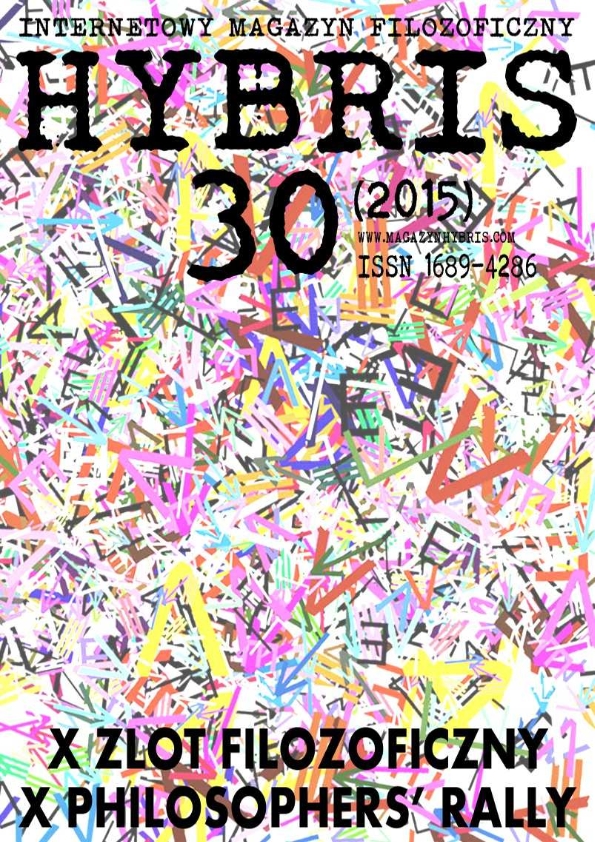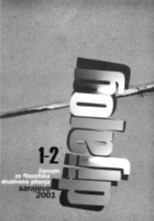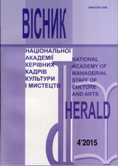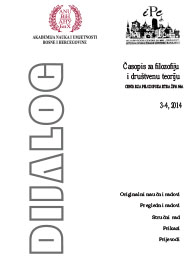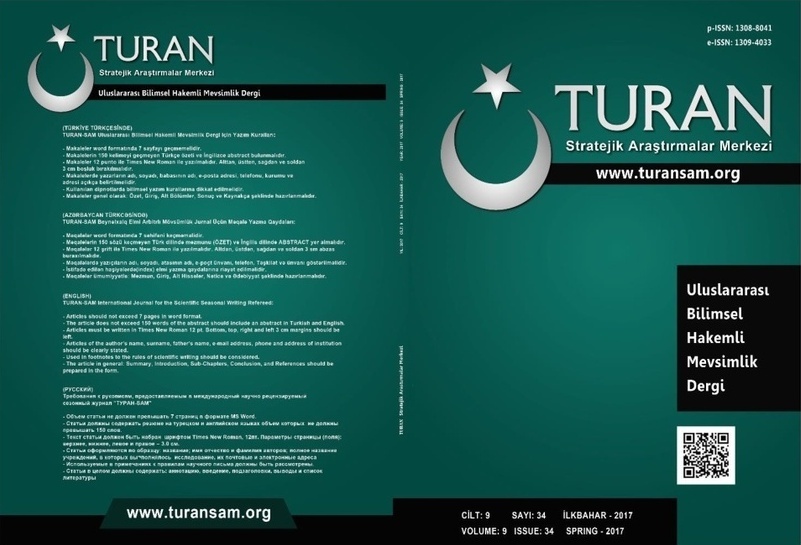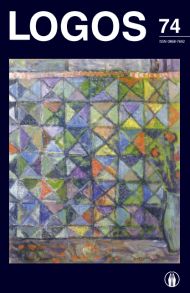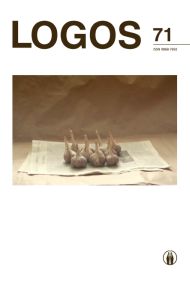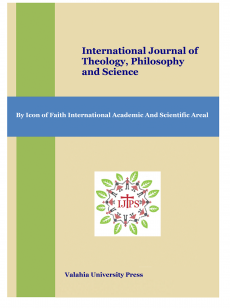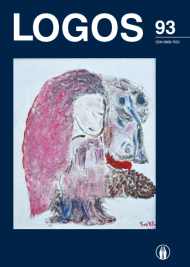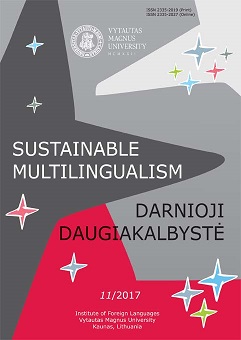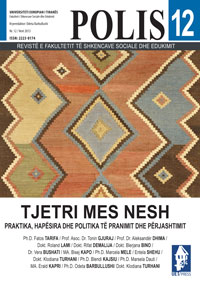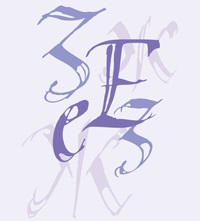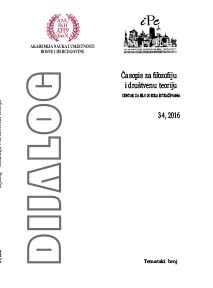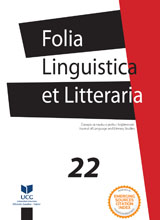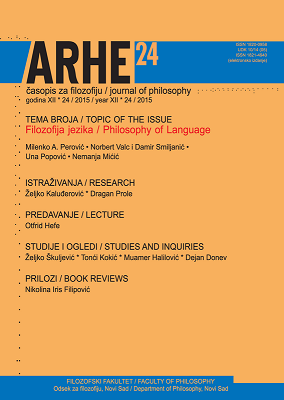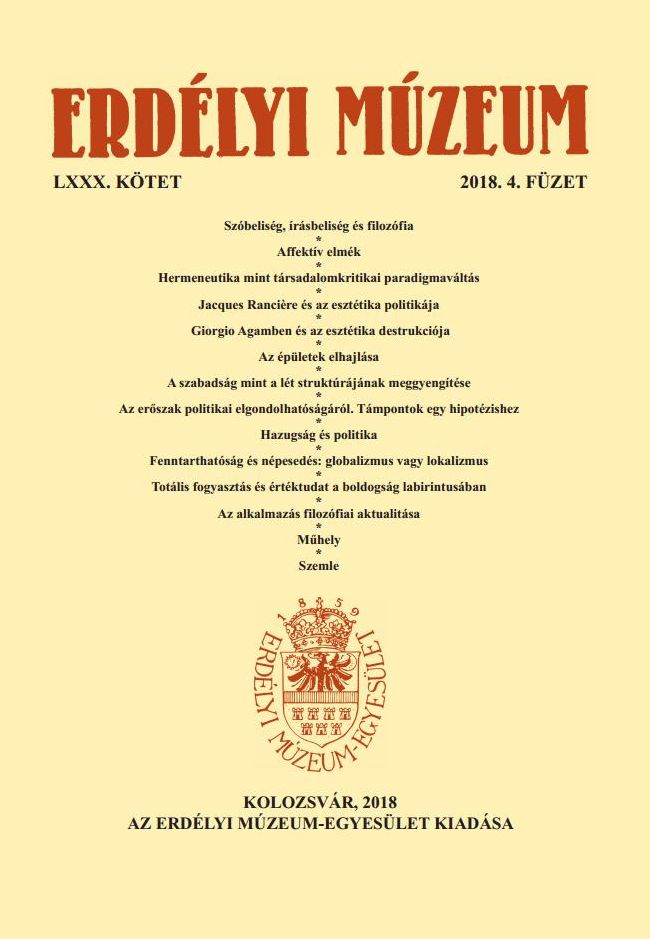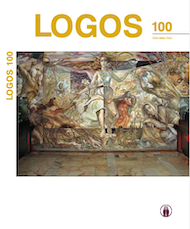Author(s): Mykola Fedorenko / Language(s): Ukrainian
Issue: 4/2015
The article notes that at the turn of 19-20 centuries formed a new vision of the human self which was different from the previous one. It is built not on the basis of self-reflexive and involves oneself, which is mediated by the presence of "significant other." However, attention is focused on the common moment of reflexivity thinking about both periods. That is what is the basis for a vision of modernity or as "radical modernism" or as "communicative rationality," or as the manifestation of modernism. The study examines the social and philosophical concepts contemporary / modern. A comparative analysis of this concept in the representatives of modern Western philosophy from the point of view of their involvement in the educational process of rethinking the epistemological paradigm is made. Based on a brief historical and cultural retrospectives we propose typology of approaches to the definition of "Contemporary / Modern".For philosophical, especially for social and humanitarian thinking of the 20-21 centuries the reception of the historical experience is a characteristic feature and the basis of the constitution in the modern world. The studying of history is not limited only itself; it is the mean of better understanding of the reality in which we live, according to M. Foucault a manifestation of "concern for the present". In this context, the question arises the definition of the concept of "modern / contemporary" in a number of the concepts of "past" and "postmodernity / postmodernism". So this distinction serves as a methodological basis for a deeper understanding of the historicity of human experience, including the teaching of philosophy, social and human sciences in the classroom.After analysis of recent researches and publications, it is obvious that criticism of "modern", initiated by postmodernists, has been a significant incentive to expand the discussion about the essence of modernism / modernity in philosophical and social sciences. Analyzing the theoretical foundations of ideas about modernity, represented by such iconic figures as European philosophy J. Habermas and J. Lyotard, whose views on the essence of modernism vary, we tried to supplement their abstract positions by sociological calculations. In particular, the article examines the creative achievements of A. Giddens, a British sociologist who has considered the present as radical form of modern and the U. Beck, a German social researcher with his concept of modern as a society of risk.Our goal is to attempt the typology of the approaches of modern and determine their essence by analyzing views on modernity, represented by the following contemporary philosophical and sociological traditions as J. Habermas, J. Lyotard, A. Giddens, U. Beck.The concept of "modernity" or "modern" has several meanings. Firstly, the word "modern" appeared in the 5 century B.C. and described the present situation – the Christian modernity fought against the Roman pagan past. Since that period, "modern" called themselves any present, aware its difference from the previous past. People considered themselves "modern" in the era of Charlemagne, in the 12 century and in the period of the Enlightenment. Until the 17th century, classical ancient samples of the "right" were considered to be a standard.Secondly, the understanding of "modernity" deteriorated during the Enlightenment, when the ancient ideal of "perfection" was problematic. Associated with the development of science progressivist vision of the learning process and the associated idea of better social future became the basis of an abstract opposition of "modernity" against tradition, "getting free from all historical links". The vivid embodiment of the new opposition became famous controversy "ancient" and "new" in French aesthetics of 17-18 centuries. The idea of "perfection" found its incompatibility with the idea of "new" in art. "New", based on the philosophy of R. Descartes, insisted on the freedom of judgment not only in the study of nature, but also in the field of aesthetic taste. Criticizing opponents by uncritical and dogmatic adherence to ancient authors, they insisted on the idea of progress. "We must recognize – Auguste Conte wrote – that the idea of progress as something necessary and began to take definite philosophical content and actually attracted public attention only after the famous". The controversy between ancient and new, " brilliantly came to the forefront of a new time. This controversy’s value still remains without a proper assessment, in my point of view, a real event prepared universal history of the human mind."Modernity" in philosophy and cultural studies of the 20th century often means "New Era" (17-20 centuries). First of all it is the Enlightenment, with its humanist idealization, or meta-narrative. The term "meta-narrative", J. Lyotard used and considered the modern is completed, than A. Giddens or J. Habermas. Modernity appeared in 16-17 centuries and created at the same time a new type of personality. Its first manifestation was the autonomy of the believer that has been reached and justified by Protestantism. Although at the turn of 19-20 centuries the new modernity formed and differed from the previous view of human self. It isn’t built on the basis of self-reflexive and involves oneself which is mediated by the presence of "significant other". This is the basis for the vision of modernity as "radical modern" (A.Giddens) or as a "communicative rationality" (J.Habermas), or as a manifestation of modernism (D.Bell).
More...

